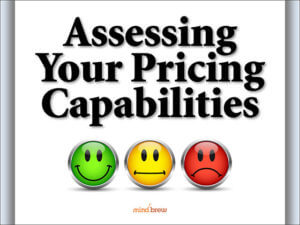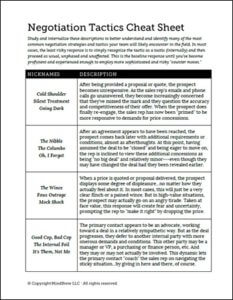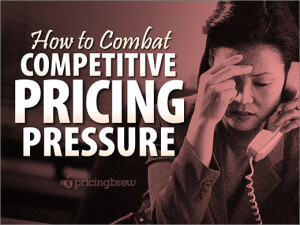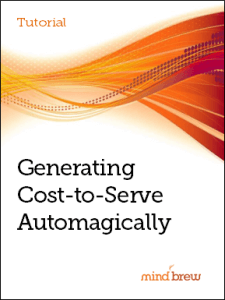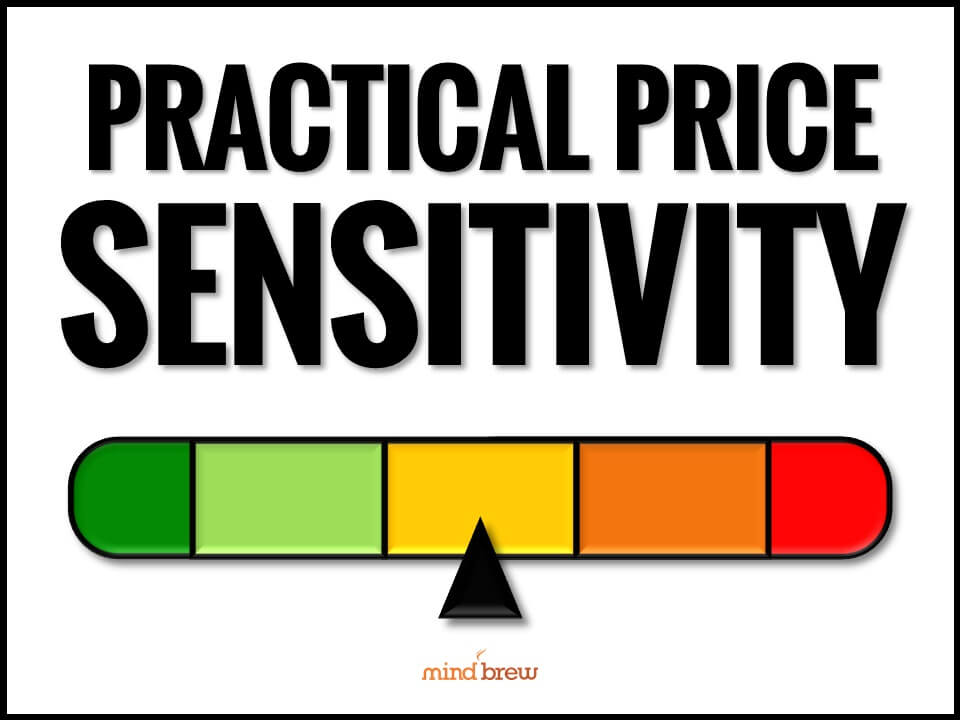As publishers of the PricingBrew Journal, we clearly have a vested interest in trying to understand why many pricing teams are eager to learn and grow, while some others seem to be content with the status quo. After all, our entire business is about enabling the former—so it behooves us to better understand the latter.
Of course, every laggard pricing group has their reasons for “sticking to their knitting”, “keeping their heads down”, “staying focused on the task at-hand” or whatever other cliché comes to mind. And to them, these reasons are perfectly rational and pragmatic.
But knowing what I know about the pricing teams that are already headed down the improvement path, these reasons seem to me to be little more than excuses. And not just harmless excuses, either. In fact, some of the most common excuses I’ve heard can be career limiting:
“Nobody’s asking us to do anything different, so we must be OK.”
Who exactly is going to ask you to develop a more accurate price segmentation model? Who exactly is going to tell you to measure elasticities in order to provide better deal-level pricing guidance to the sales team? Who are these pricing experts you’re waiting on to tell you what improvements need to be made? And if they do happen to exist in your company, why haven’t they taken over your group? And how long will it be before they start asking the very same question?
The point is that upper management rarely knows what pricing deficiencies may exist or how to shore them up. They’re waiting for you to tell them, not the other way around. And if you can’t do it, they’ll eventually find someone who can.
“Our plates are full and we don’t need any more to think about.”
Maybe your plates are so full precisely because you’re not thinking about the right things. Maybe your plates are full of tactical tasks that could be eliminated with a little more strategic thought. Maybe your plates are overloaded because you haven’t yet learned what some other pricing teams figured out years ago.
There’s always a task or ten that can be scrapped in the interest of focusing on something more important. But you can’t really know what’s more important unless you make time to learn and expose yourself to new and different ideas.
“We’re just not ready to think seriously about improvement.”
This one is a bit difficult to understand. The thinking here seems to be that once all the fires are put out and all the tactical tasks on the to-do list have been checked off, then you’ll finally have enough time, energy, and resources to focus on doing all that stuff more efficiently, or doing more effective stuff altogether.
To my mind, this is a little like saying, “I just need to finish painting this house before I can focus on painting it properly or figuring out if it’s the even right house to paint.” Improvement is a process, not an event. And there is no “getting ready” to improve—you just have to make the decision and get started.
Standing still is easy. I get that. And standing still seems safe. I get that, too. But the marketplace never stands still. It’s always moving—like an avalanche of progress. And using excuses like these to rationalize standing still in front of that oncoming avalanche? That may be easy, but it’s definitely not safe.


